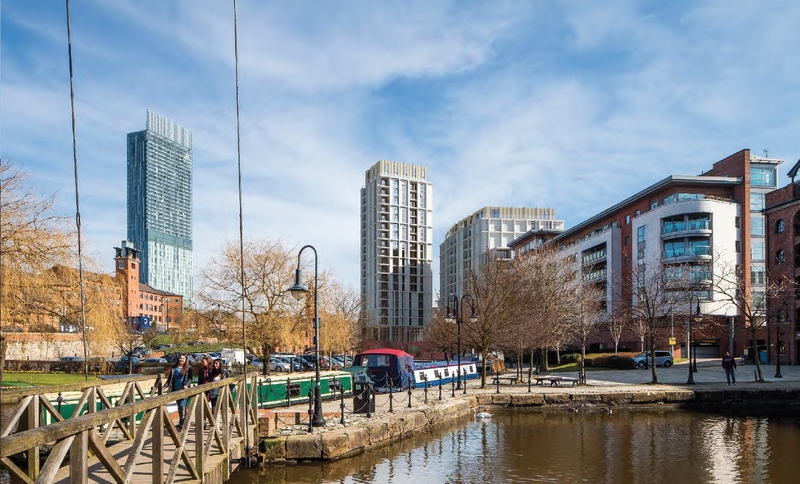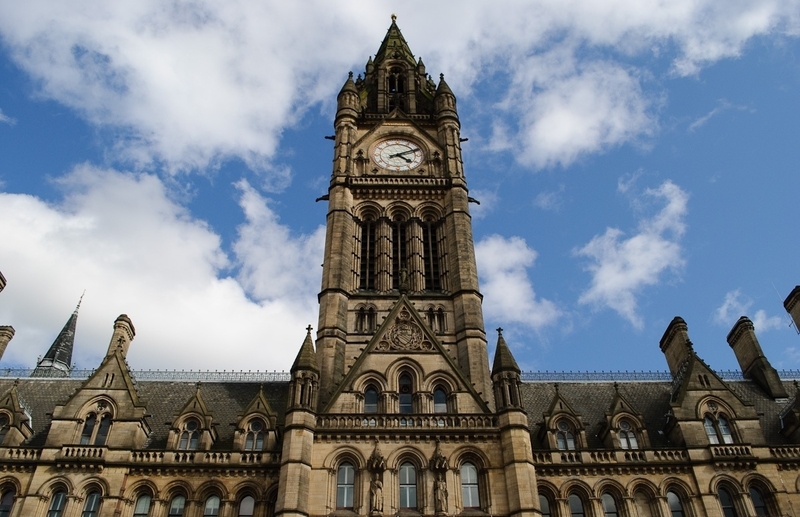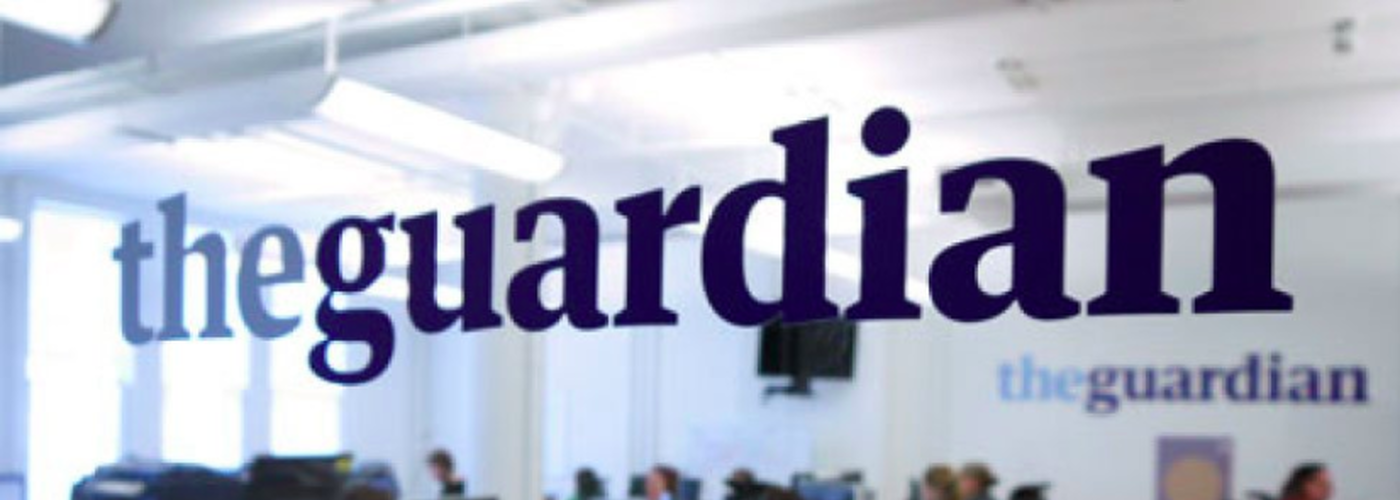Newspaper labels Manchester the '0% city'... and the council ain't happy
Manchester City Council has called The Guardian's portrayal of Manchester 'wildly inaccurate', following a series of articles criticising the council's approach to affordable housing.
On Monday 5 March, the paper published an article titled 'Housing crisis: 15,000 new Manchester homes and not a single one 'affordable''. In the article, author Helen Pidd claims that 'none of the 14,667 homes in big developments granted planning permission in the last two years are set to be “affordable”'.
This, she says, puts the council in 'direct contravention of its own rules' on affordable housing - which state that 'any development of 16 or more units or on a site larger than 0.3 hectares should include 20% affordable provision'.

In a follow-up article, published on Tuesday 6 March, Pidd and co-author Charlie Cocksedge say that the findings are 'no surprise', given the 'city's relaxed attitude towards developers'.
The article goes on to mention a series of large-scale property developments granted approval by the council. These include the council's own scheme to build 700 properties in partnership with the Abu Dhabi United Group, which will be rented at 'market rates', and the 1,508 apartments under construction by Renaker on Owen Street, which avoid affordable housing requirements by way of a 'viability assessment' (a controversial loophole which allows developers to avoid including affordable housing by demonstrating that doing so would make their schemes financially unviable - in other words, less profitable)
Really sticking the boot in, The Guardian published a third article on Tuesday, criticising the council's 'wide-open development policy' which results in 'the poor being forced to the edges (of the city)'.
As you'd imagine, the council are smarting.

In a statement issued on Thursday 8 March, Manchester City Council dismissed the Guardian's claims, rejected the research they were based on, and presented its own 'actual performance figures'.
According to the council, the research* was based on 60 applications considered at the Planning Committee during 2016 and 2017, but 'did not include a further 70 applications dealt with under delegated powers'.
'There are 548 affordable homes under construction and a further 1,711 in the pipeline'
The council say of the 14,667 homes covered in the 60 applications, 1,458 were for student accommodation, and of the remaining 13,209 homes '600 were demonstrably affordable under the government's definition - equivalent to 4.5% of all homes built'.
They go on to say that if the research had taken into consideration the other 70 applications, it would have found 'an additional 900 homes that can be classified as affordable'.

Deputy Leader of Manchester City Council, Bernard Priest, said: “We have been clear from the outset that The Guardian’s portrayal of Manchester is wildly inaccurate and you just have to walk around the city to see that this is the case.
“We know that affordable housing is a key issue for our residents and we are working quickly to make sure Manchester people have a quality home that they can afford.”
According to a new council report, there are 548 affordable homes already in construction in Manchester with a further 1,711 in the pipeline.
Confidential has contacted The Guardian for further comment.
*A previous version of this article wrongly attributed the research findings to Dr Jonathan Silver from the University of Sheffield. This is factually inaccurate. Dr Silver did not undertake any research for The Guardian but undertook his own study. You can read his rebuttal here. The council later issued a retraction, absolving Dr Silver.
















